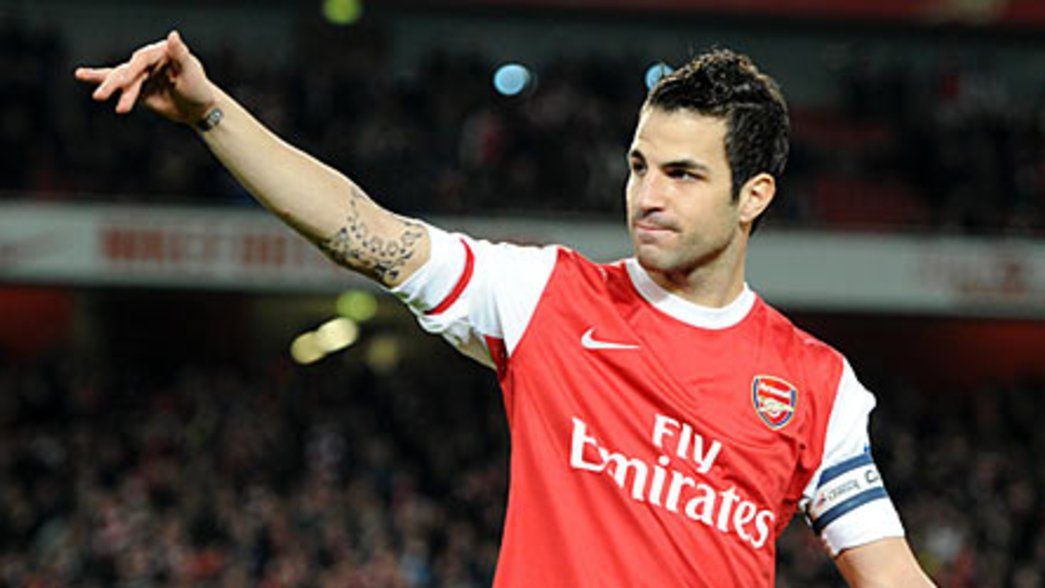Cesc came a long way after joining the Club as a 16-year-old in September 2003, developing into one of the world's premier midfielders.
He was tipped for greatness from an early age and a month after his arrival he made his debut in a League Cup tie against Rotherham United at Highbury. Aged just 16 years and 177 days, he became the Club's youngest-ever first-team player, and broke another record later in December when he became the Gunners' youngest-ever goalscorer with his strike against Wolves.
Blessed with wonderful technique, Cesc made an immediate impact at the start of the 2004/05 season and scored in Arsenal's third league game of the campaign, against Blackburn Rovers. It was to prove an exciting year for the young Spaniard, and he collected the first honour of his career when he started Arsenal's 2005 FA Cup final victory against Manchester United.
But it was after the departure of Patrick Vieira to Juventus that Fabregas really came to the fore and he delivered a magnificent performance against Italians in the Champions League to prove that he had truly arrived. By that point, the Spaniard had garnered admirers from across the globe and was named in Uefa's 2006 Team of the Year and was nominated for the PFA Player of the Year and Young Player of the Year awards.
Cesc's dazzling development under the tutelage of Arsene Wenger continued apace and he soon took on the role of Arsenal's talisman. In 2008 he was crowned as the PFA Young Player of the Year, and that summer was part of the Spain squad which won the European Championship.
He was named Arsenal captain in November 2008 and the adoption of a 4-3-3 formation liberated him further. His stats sum up his influence - he scored 15 goals and created 15 more in the Premier League alone during the 2009/10 season. Cesc enhanced his reputation again that summer with the pass that set up Spain's 2010 World Cup final winner.
Cesc eventually left the Club in August 2011 to return to Barcelona, but paid tribute to the Club and Wenger. "I spoke to him to say goodbye and got very emotional because he has been like a father figure," he said.
"I couldn't even talk when I wanted to say how grateful I was for what he has done to me, so I had to send a message afterwards saying thanks for everything. If it was not for him I would not be here today to live my dream. I will never have enough words to say how grateful I am. I went from being a boy to a man and they gave me absolutely everything in football."
Cesc Fabregas

Cesc Fabregas










